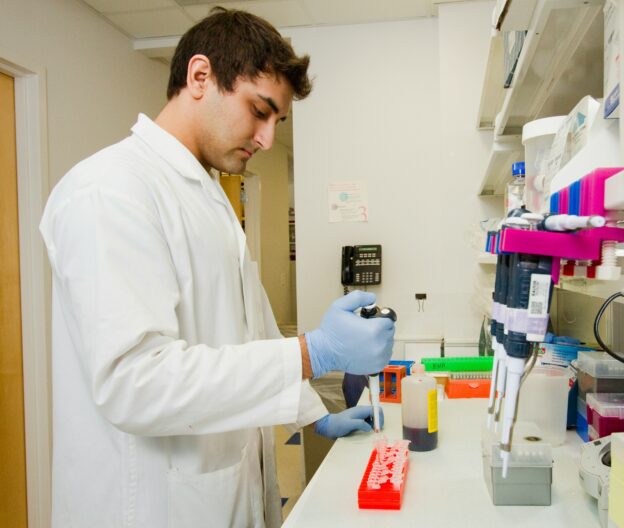When most people think of functional medicine, the probably think of functional lab tests such as:
– Stool Tests
– HTMA or Hair Tissue Mineral Analysis
– Dried Urine tests
– Salivary tests
– “optimal” ranges for standard labs
But what is the scope of practice for a pharmacist when it comes to ordering these tests?
The answer no one wants to hear: It Depends…
It depends first on three things:
The lab company’s policies
Your state law regarding scope of practice
Your own comfort level with operating in the gray
State laws typically have three stances:
1. Pharmacists are expressly allowed, but perhaps only within the context of a Collaborative Practice Agreement for the purpose of managing drug therapy
2. Pharmacists are expressly prohibited
3. There is no mention of ordering or interpreting lab tests by pharmacists in the law
But there are three clear ways to utilize lab data as a pharmacist without compromising your license:
1. Enter into a Collaborative Practice Agreement with a physician, or work with the patient to have their own physician order the labs you recommend
2. Order the labs through a company that offers physician authorization or medical director service
— Examples we recommend for this are Rupa Health (free to join) or Evexia Diagnostics (FMPHA250 to waive the sign up fee)
3. Utilize Direct to Consumer lab companies to have the patient order their own labs
— We recommend Ulta Labs for this
From there, once you have lab data, you might be wondering, “But am I allowed to interpret them?”
The answer here is more straightforward: As pharmacists, we know that we cannot diagnose. However, we are absolutely trained to interpret labs and utilize that information in our clinical decision making! If you know a patient’s creatinine level, wouldn’t that change your process for evaluating the appropriate dosing of a renal cleared drug? Of course it would! Or, if you did a point of care test on a patient and their fasting glucose came back at 300, but they said they weren’t on medications and had never been diagnosed with diabetes, wouldn’t you make a referral to their physician and give them recommendations to implement right away such as reducing their sugar intake? The key here is in the language you use. It would be out of scope to tell the patient “You have diabetes.” But you could say “Your blood sugar is well outside the normal range, and I recommend that you immediately follow up with your physician for a proper diagnosis. I can even call your physician to notify them of these results. In the mean time, here are some resources for reducing blood sugar levels.”
However, the flip side of that is that with more data comes more responsibility.
If you had a creatinine level for a patient and chose to not to evaluate renal function, then dispensed a drug that was dosed too high without verifying with the physician or informing the patient, you could absolutely be liable for adverse effects or poor outcomes in that patient. Likewise, when you have lab data, you have an obligation to your patient’s wellbeing and safety to act on that information. If a patient has clinically abnormal lab values, you will need to refer appropriately for a diagnosis to be made. This goes for whether you are operating as a pharmacist, a health coach, or referring to yourself as a “functional medicine practitioner.”
The good news with most functional labs is that we are looking for the optimal range. This may mean that we are taking a more preventative approach, before the values reach a critical range that requires referral and where we can recommend lifestyle or supplement interventions before medications may be warranted.
I’ll also say this because I’ve felt it too… “what if I’m not comfortable with ordering and interpreting these functional labs at all?”
That’s ok! Ultimately, the decision to work with lab data as a pharmacist is your choice. In most retail settings, we’ve had to learn how to do our jobs and support our patients WITHOUT the use of lab data! And in fact, you can tell a lot about a patient’s condition just based on their presentation of symptoms alone. It’s also worth noting that many patients can’t afford lots of lab tests, especially most of the functional labs which aren’t covered by insurance.
However, if you are a pharmacist who wants to practice at the top of your license, to expand your knowledge and capabilities, imagine how much more effective in our role we could be WITH lab data! With that, I believe it is well worth the upfront effort to clarify your own desires and scope of practice to optimize your ability to work with patients in the way that will be most fulfilling to you as the practitioner, while getting the best clinical outcomes.
PS – What about practitioners who call themselves “health coaches” or “consultants” or “practitioners”, who then order and interpret labs for patients all over the country or world? The answer here is also “it depends on who you ask.” Check out our blog post on health coaching as a pharmacist here.


Responses